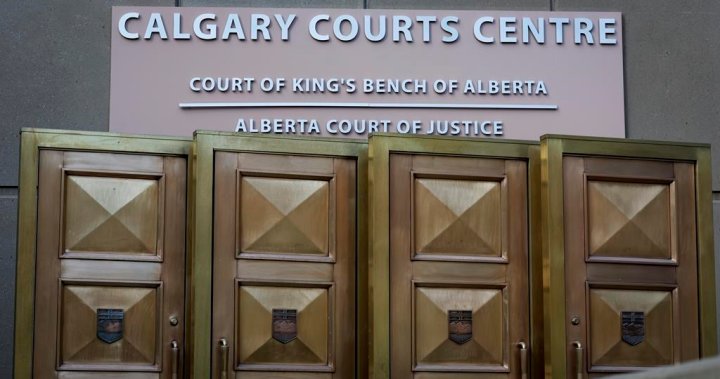Two Calgarians, Roberty Lehodey and Wesley Twiss, have filed for a judicial review of the city council’s decision to forego a plebiscite regarding a proposed blanket rezoning bylaw. They argue that council failed to comply with the Municipal Governance Act by not holding a plebiscite and by not conducting a public hearing before giving second reading to the proposed bylaws on development plans and land use bylaws. They are asking the Court of King’s Bench to declare the decision to not hold a plebiscite as invalid and grant a judicial review.
The public hearing on the proposed citywide rezoning, which will allow for more density, is scheduled to start on April 22, with over 650 people registered to speak, indicating the widespread interest and concern over the issue. Richard Harrison, the lawyer representing Lehodey and Twiss, confirmed the filing of the application for judicial review. The applicants argue that not holding a plebiscite takes away the rights of property owners to have a say in developments that may affect their neighborhoods, leading to potential changes in zoning regulations without their input.
Lehodey expressed frustration over the council’s decision, stating that many homeowners choose their neighborhoods based on existing rules and restrictions, which could be altered with the proposed rezoning. He believes that the council is impeding on his right to voice objections and concerns about potential developments that could impact his community. By not holding a plebiscite, Lehodey argues that the council is preventing affected residents from having a proper forum to make representations to the planning department regarding the proposed up-zoning.
The City of Calgary declined to comment on the matter, citing its policy not to respond to issues before the courts. Lehodey emphasized the importance of the judicial review as a tool to ensure that the council’s actions are reviewed independently by the courts to determine if they acted appropriately in deciding not to hold a plebiscite. He believes that this decision takes away the rights of individual property owners in the affected communities and highlights the significance of having a platform for residents to provide input on developments that could impact their neighborhoods.
Lehodey pointed out that residents in R-C1 and R-C2-zoned areas make up 61 percent of all housing units in the city and argue that holding a plebiscite would survey a larger portion of Calgary residents compared to a public hearing with limited attendees and submissions. He contends that the council was elected to uphold the rights of property owners and that their decision will result in up-zoning without adequate input from affected community members. The judicial review is seen as a way to ensure that the council’s actions are scrutinized by an independent body to determine if they acted appropriately in not holding a plebiscite.
In conclusion, the application for a judicial review of the city council’s decision to forego a plebiscite on the proposed rezoning bylaw reflects the concerns of residents like Lehodey and Twiss regarding the lack of public input in the decision-making process. The upcoming public hearing, with over 650 registered speakers, highlights the significant interest in this issue and the potential impact on property owners in affected communities. The legal challenge seeks to address the perceived violation of the Municipal Governance Act and ensure that property owners have a voice in decisions that could impact their neighborhoods.


